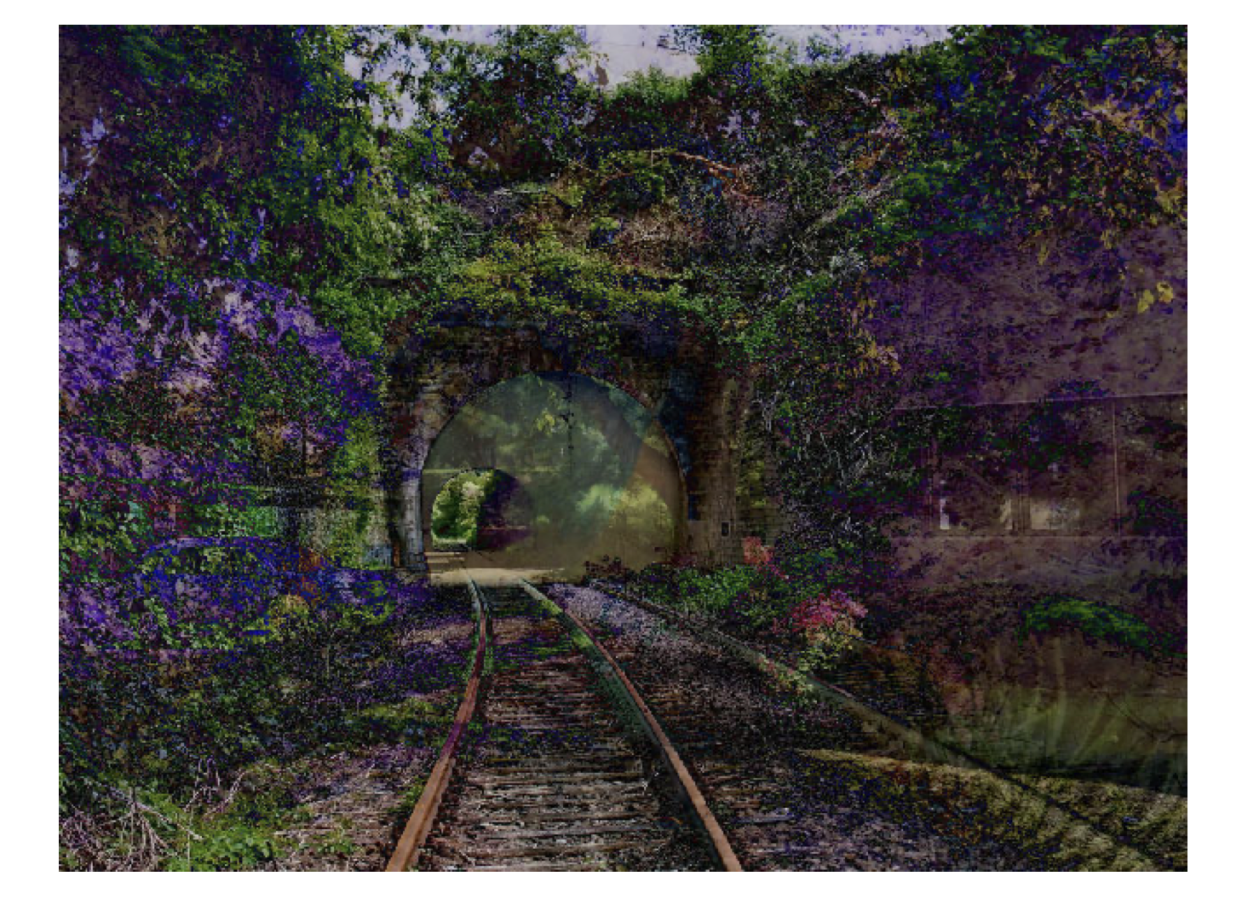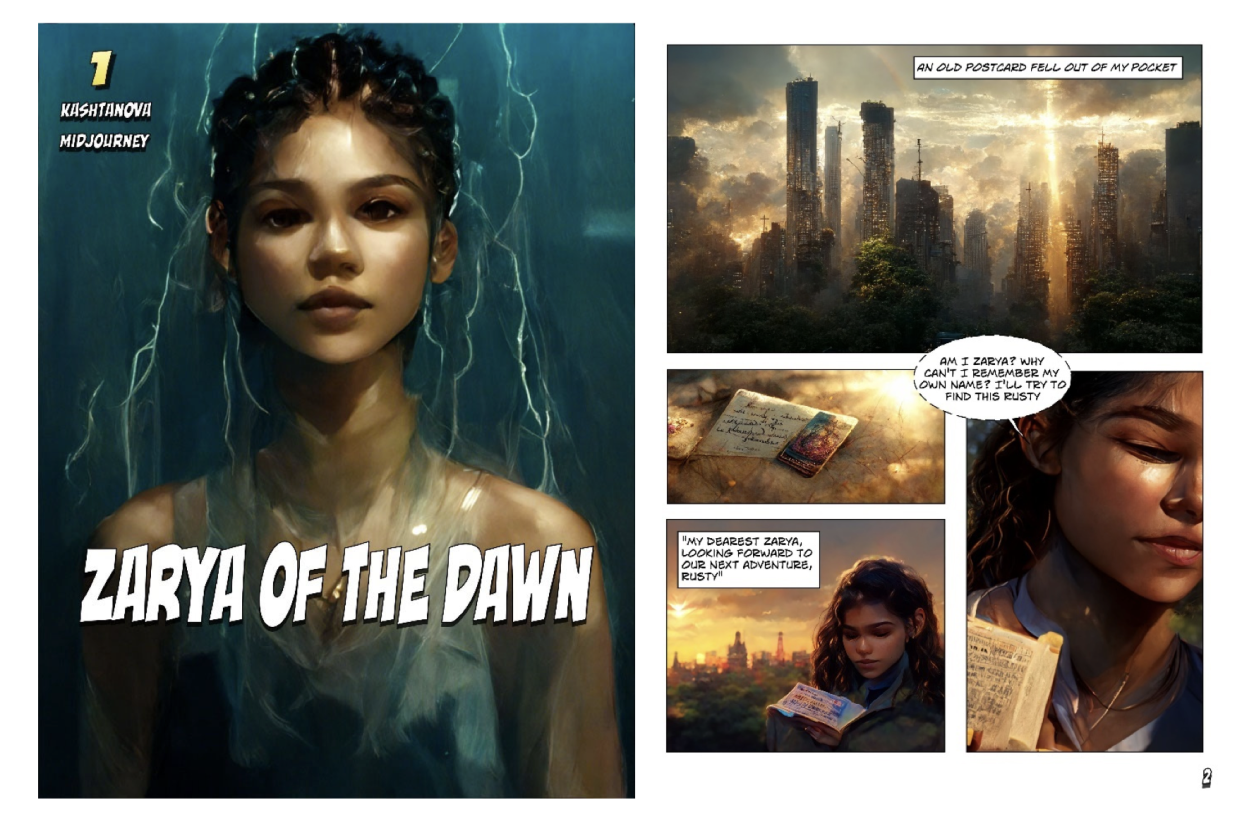US Copyright Office opens door to protecting AI-assisted works
The rapidly growing market for artificial intelligence got a boost on Wednesday from the U.S. Copyright Office.
In a notice scheduled to publish in the Federal Register on Thursday, the office clarified its willingness to consider copyright protection for works containing AI-generated material along with how it will make those determinations.
The office determines copyright protection for works including literature, music, motion pictures, other audiovisual works, derivative works, and compilations.
“In the case of works containing AI-generated material, the office will consider whether the AI contributions are the result of ‘mechanical reproduction’ or instead of an author’s ‘own original mental conception,' to which the author gave visible form,” the notice explained. It goes on to say that some works may qualify for partial protection, limited to the work's human-generated elements.
The move comes as courts across the country have drawn gray lines between copyrightable and non-copyrightable AI-assisted works. The lack of clarity has frustrated creators looking to protect their crafts.
“These are no longer hypothetical questions,” the agency said about the AI-based cases on its docket, “as the office is already receiving and examining applications for registration that claim copyright in AI-generated material.”

Those applications have spanned from visual works created solely by computer algorithms to graphic novels combining human-generated text and machine-produced images. Whether or not a work is copyrightable, the office said, will depend on how the AI tool operates and how it was used to create the final work.
“If a work’s traditional elements of authorship were produced by a machine, the work lacks human authorship and the office will not register it,” the statement explained. “In other cases, however, a work containing AI-generated material will also contain sufficient human authorship to support a copyright claim.”
Based on its understanding of currently available generative AI technologies, the notice said, users typically do not exercise ultimate creative control over how the systems interpret prompts and generate material. And without human control over a work’s “expressive elements,” it said, a work is not copyrightable.
“Instead, these prompts function more like instructions to a commissioned artist — they identify what the prompter wishes to have depicted, but the machine determines how those instructions are implemented in its output,” the copyright office explained.
The office added that for AI-assisted works it would continue to evaluate applications using the well-established “human authorship” requirement established by the U.S. Supreme Court. That requirement says only authors can apply for copyright protection and only humans can qualify as authors.

In applying that rule, the Ninth Circuit Court of Appeals rejected a copyright application for photographs taken by a monkey. However, the copyright office noted that it approved an application, in part, for the AI-assisted graphic novel Zarya of the Dawn, allowing registration for the book’s human-generated text, while rejecting its computer-generated images.
To illustrate types of AI-assisted works that could be eligible for partial copyright protection, the office gave examples, including AI-generated material that’s selected or arranged by a human being, such as an artist who modifies material originally generated by AI technology.
In such cases, the office wrote in its statement, copyright is limited to the human-authored aspects of the work.
“In each case, what matters is the extent to which the human had creative control over the work’s expression and "actually formed" the traditional elements of authorship,” the guidance added.
The office stated that it intends to publish a notice of inquiry later this year that seeks public input on how the law should apply to the use of copyrighted works in AI training and the resulting treatment of outputs.
Alexis Keenan is a legal reporter for Yahoo Finance. Follow Alexis on Twitter @alexiskweed.
Follow Yahoo Finance on Twitter, Facebook, Instagram, Flipboard, LinkedIn, and YouTube
Find live stock market quotes and the latest business and finance news
